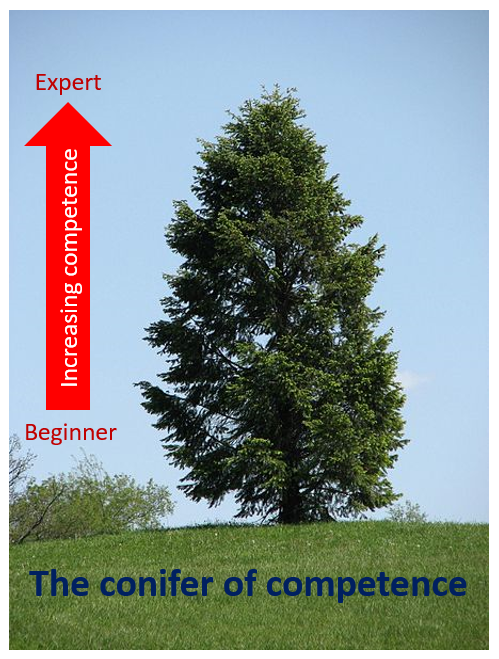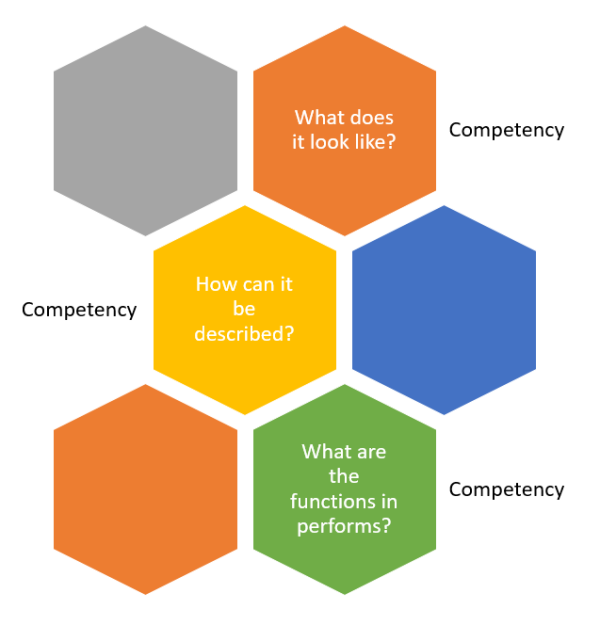It is becoming increasingly clear that none of the jobs that people do today will even exist in five years time (apart from maybe undertaking). Therefore, there is no point in teaching students to regurgitate rote, disconnected facts. We cannot predict which facts they might need because we don’t know what they will be doing and, even if we did, the jobs of the future will not require low-level cognitive skills like fact-knowing. Instead, these tasks will be done by computers – Google will know facts for us. Careers will require higher level cognitive processes. Neuroscience shows that these are the executive skills that coordinate the brain.
At the Extraordinary Learning Foundation™, we have been working on better ways of developing the higher level skills of comprehension and communication. When you look at the performance of experts and scan their brains in a scanner then different areas ‘light-up’ when they are performing these functions. Clearly, the ability to understand anything that you are told or that you read – comprehension – and the ability to communicate will both be highly valued in the job market of the future. Sugata Mitra is clearly right to focus on these skills.
However, another key feature of high-level performance is the ability to be good at things. I am always keen to take lessons from real-life to bring into the classroom and so I have intentionally observed a lot of skilled professionals. When you watch experts at work such as bar-tenders, burlesque dancers or police officers, you notice that they have the skill of ‘competence’ in abundance. They are really good at what they do. We have therefore been working on ways of developing this key metacognitive skill with students.
We envision competence to be like a tree because trees like conifers are narrow at the top, indicating that fewer people are competent in any particular sort of thing.

We have found this useful in helping students to envision what competence looks like. An important task in developing the skill of competence is to ask students to construct their own understanding of competence, perhaps over a number of lessons and whilst working with others.
The key questions to ask can be summarised as follows:

Our key finding is that these questions can be asked at any time whilst studying any topic. No longer do we have to restrict ourselves to ‘covering’ content. Thus, focusing on the skill of competence is a perfect partner to student-led project work. It really does not matter what they are doing because they can still work on this skill.
This is liberating. Students can work on things that they find really engaging and motivating and still be learning key 21st century skills at the same time!
Pingback: The skill of competence | Dr Mike Beverley
Pingback: Back to basics will not work | Filling the pail